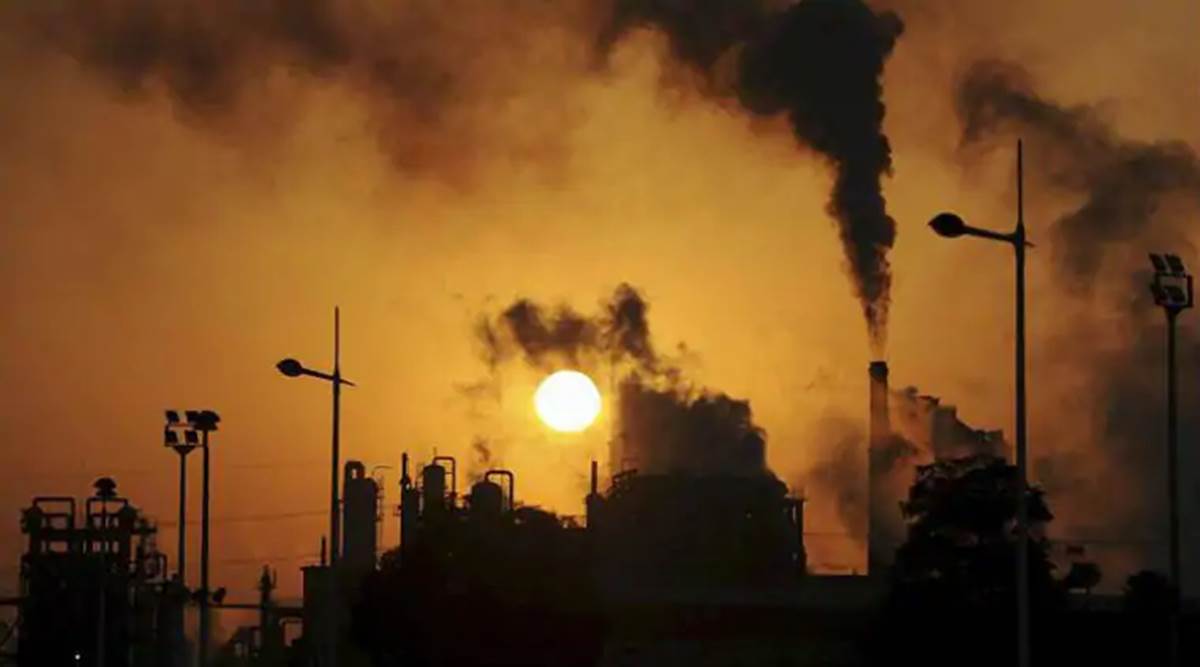The State of the Global Climate 2020 report also says 2011-20 will be the warmest decade on record, with the warmest six years all coming since 2015.
The year 2020 is expected to go down as one of the warmest in history with global temperatures about 1.2°C above the pre-industrial (1850-1900) level, said a provisional report released Wednesday by the World Meteorological Organization.
The State of the Global Climate 2020 report also says 2011-20 will be the warmest decade on record, with the warmest six years all coming since 2015. The warmest year on record is 2016, followed closely by 2020.
WMO Secretary-General Professor Petteri Taalas said there is at least a one in five chance of global temperatures temporarily exceeding the pre-industrial level by 1.5°C by 2024. The UN agency’s provisional report is based on data findings between January-October 2020. A final report will be released in March.
“Record warm years have usually coincided with a strong El Niño event, as was the case in 2016. We are now experiencing a La Niña, which has a cooling effect on global temperatures, but has not been sufficient to put a brake on this year’s heat. Despite the current La Niña conditions, this year has already shown near-record heat comparable to the previous record of 2016,” said Prof. Taalas.
“We saw new extreme temperatures on land, sea and especially in the Arctic. Wildfires consumed vast areas in Australia, Siberia, the US West Coast and South America, sending plumes of smoke circumnavigating the globe. We saw a record number of hurricanes in the Atlantic, including unprecedented back-to-back category 4 hurricanes in Central America in November. Flooding in parts of Africa and South-East Asia led to massive population displacement and undermined food security for millions,” he said.
The most notable warming was observed across northern Asia, particularly the Siberian Arctic, where temperatures were more than 5 °C above average.
Ocean heat content for 2019 was highest on record in the datasets going back to 1960. There is a clear signal for faster heat uptake in recent decades, says the report. More than 90% of the excess energy accumulating in the climate system as a result of increased concentrations of greenhouse gases goes into the ocean.
The number of tropical cyclones globally was above average in 2020, with 96 cyclones as of 17 November. In India, Cyclone Amphan “was the costliest tropical cyclone on record for the North Indian Ocean with reported economic losses in India of approximately US$14 billion”, says the report.
Source: Read Full Article


